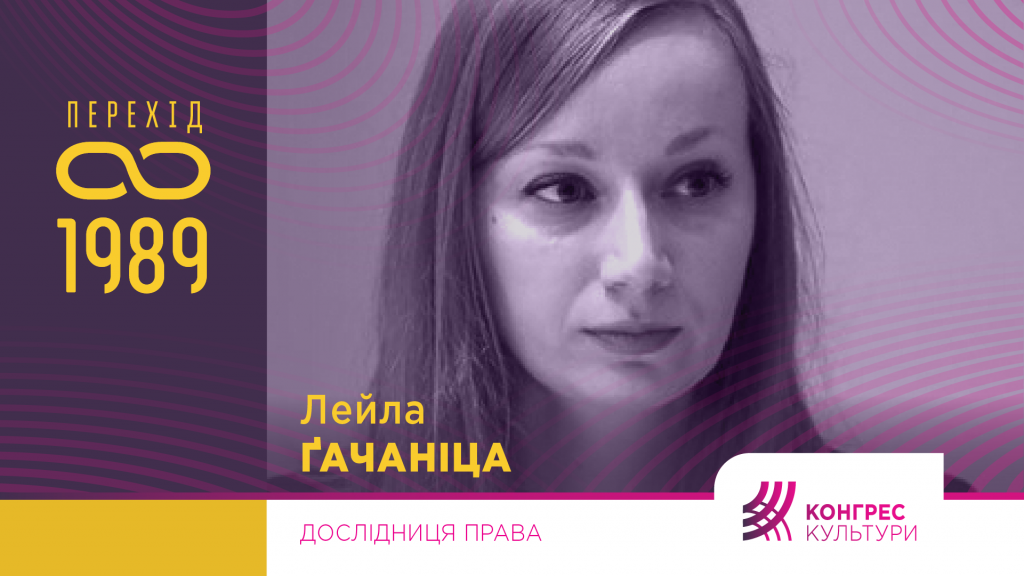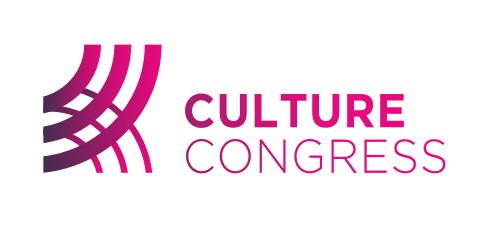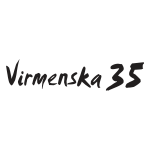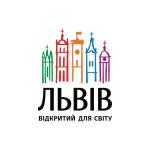“I have childhood memories of the fall of the Berlin Wall:I remember the happiness of my parents and, somewhere in the corners of my memories, smiling people beside the broken concrete blocks.These years were best decades in a long time for Bosnia and Herzegovina also. Yugoslavia was ‘brotherhood and unity’ state, and socialist eraseem to mean development, prosperity and security. But only few years later, the rising ethnic conflicts have shown all the fragility of our lives and states. As someone accurately observed: when the Berlin Wall was demolished, its remains fell directly on Bosnia and Herzegovina. Our lives and memories from 1990s till today are structured in two segments: before Bosnian war and after.
I have adult memories of war: fear, despair and desire for life. Culture, art, books, music, were something that we all were holding on, as the only open channel beyond the horrors of war. A new term ‘culturcide’ – the destruction of a society and a country through the mutilation of its culture appeared, and many life-dangerous cultural performances inside our war were the resistance to this notion. We, somehow, survived.

In my post-conflict adult life, I stubbornly search for ways how to overcome (as individuals and society) new invisible walls. I would say that those remnants of the Wall that have fallen on my countryhave rooted and grown into our own walls. We are far from positive peace, but the same channels as in the war remain open: culture and art. Thosewhichcommunicate the language that can tear walls down.
I would love to see someone to write in 30 years from now: I have childhood memory of happy people.
Lejla Gačanica from Bosnia and Herzegovina shares her memories and finds. As research she studies law and human rights, the past with a focus on culture of memory and formation of identity. She will be a participant in the discussion-intro “Decay as Creation: Cultural Transformations of Societies after the Berlin Wall” .







